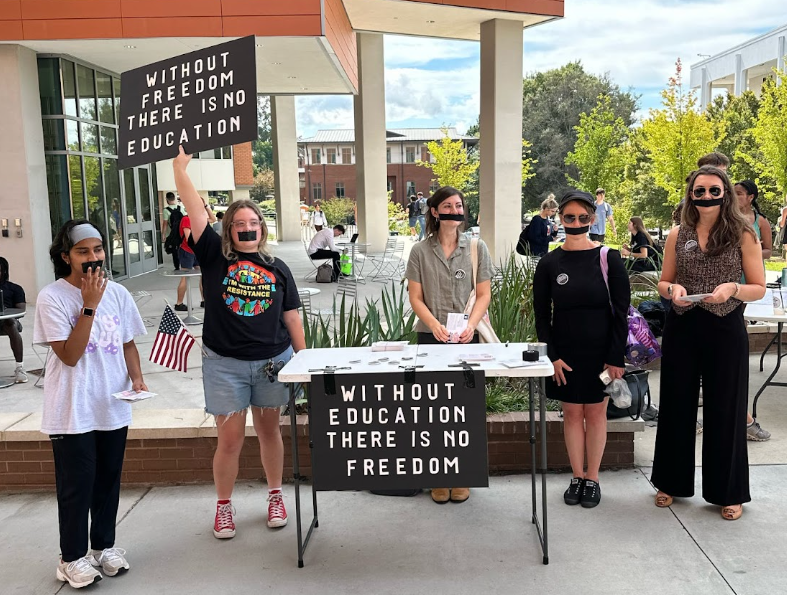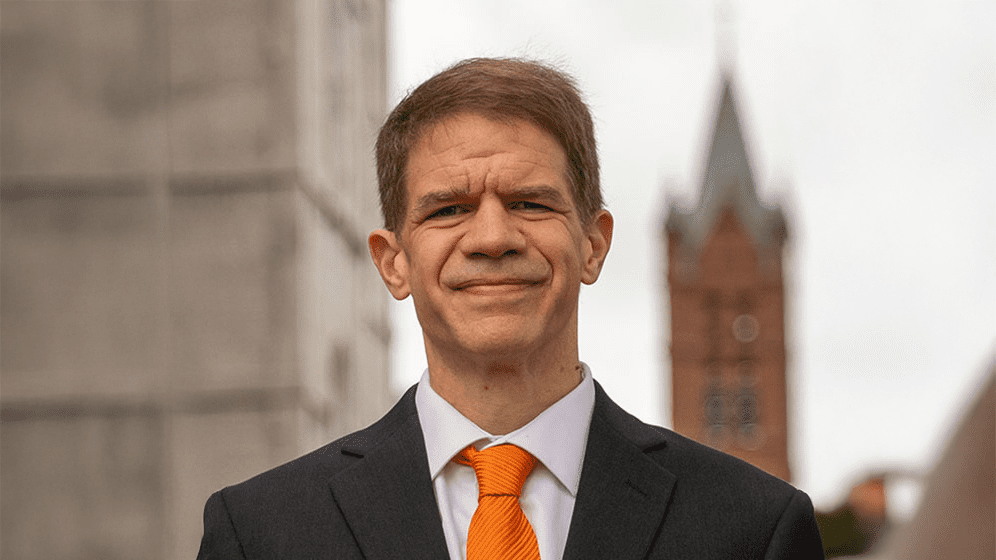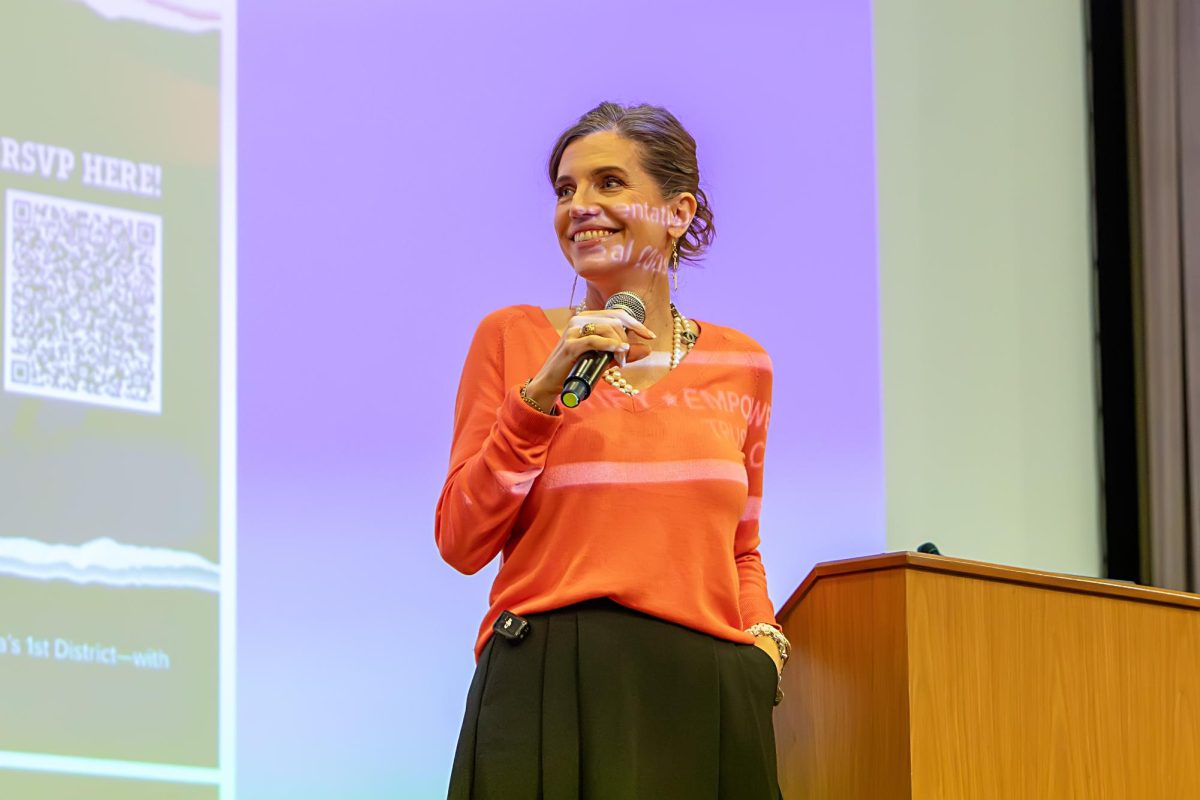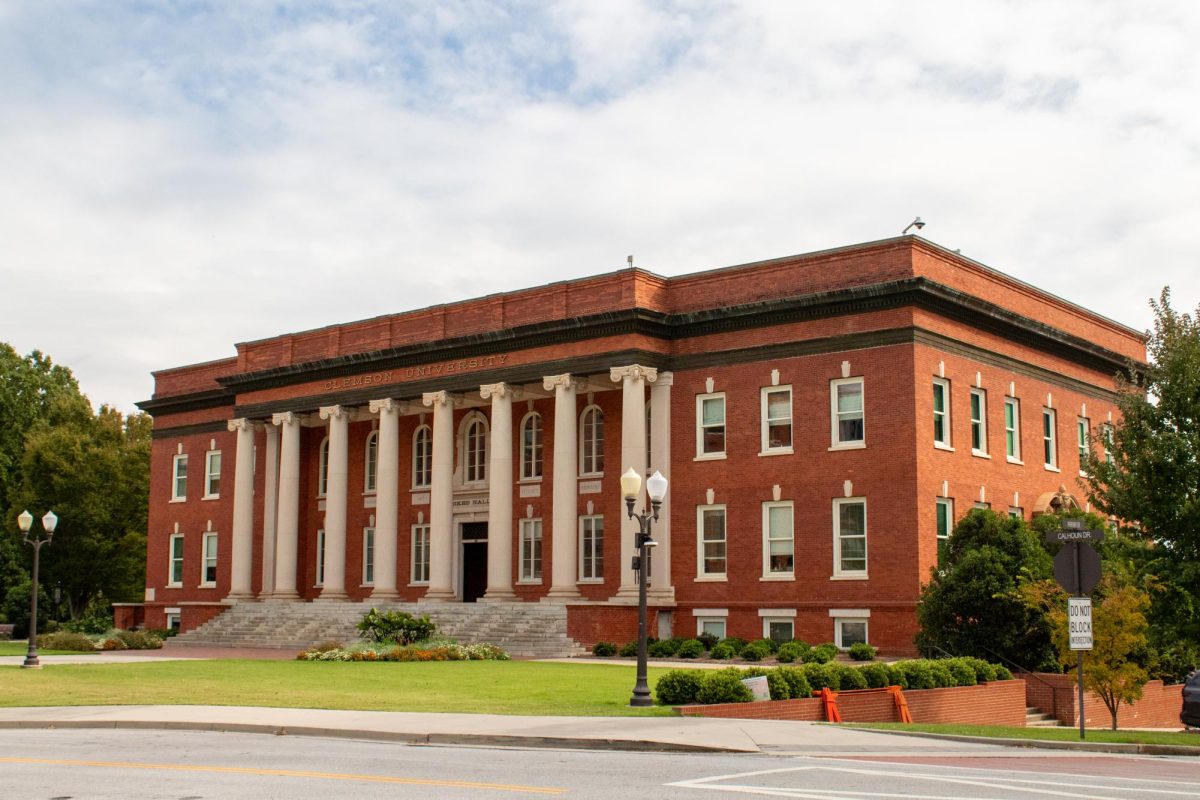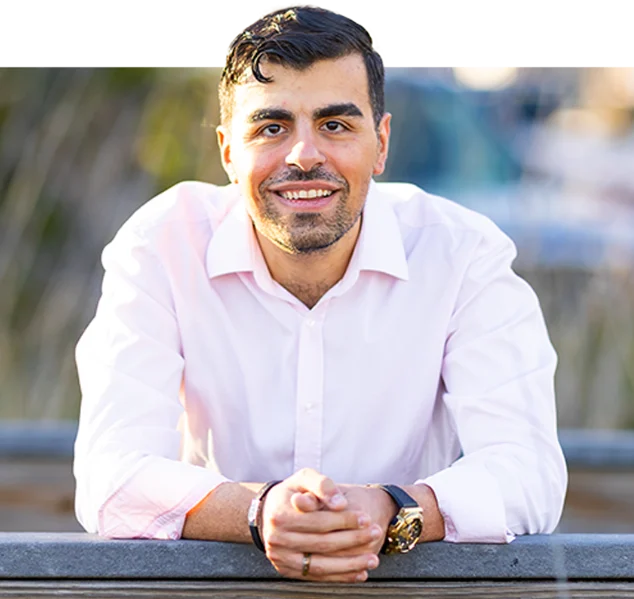As if college students do not have enough to worry about, adding COVID-19 to the mix is the cherry on top. Luckily, there is a new tool to help students with their mental health.
Clemson University has been a part of an artificial intelligence (AR) driven psychoanalysis app, TAO (Therapy Assistance Online), since 2015 to provide self-help for individuals with no doctor’s appointment needed. The app started out as a tool in the university’s counseling center, but has expanded beyond that to a self-help tool.
Kate Dunlavey, a senior psychology major, likes the idea of therapeutic help over an app rather than in person, and considers it to be safer right now “due to COVID-19,” said Dunlavey.
Dr. Sherry Benton, psychologist and former director of the counseling center at the University of Florida established TAO in August 2013. At a very large public university, Benton was having the problem of keeping supply up with the demand of patients. She realized that no matter the amount of new employees she would hire, the waitlist trouble was not going anywhere.
“If you put a student on a waitlist for 3-4 weeks, they could lose their semester. You cannot make someone with depression wait. That is what inspired me to get some other effective resource to get them help as soon as possible,” said Benton.
This method was already normalized in places like Australia and Europe, and was shown to be very effective. For individuals in Australia, regions like the Outback are so remote and would never be able to find in-person service.
“It has been an interesting adventure for me because I, like many Americans, have always had the illusion that we were digitally the epicenter of the world. This wasn’t close to being true we were so far behind it was embarrassing,” said Benton.
The newest version was just released in August 2020. This update allows students to have individual chats about specific issues with a screening instrument. Content is delivered applicable to the situation. There are many options for individuals experiencing stress, anxiety, depression and other metal health issues being worsened by new changes in students’ lifestyle. Benton suggested mindful meditation one day a week for a few weeks to get a quick and short term session.
“We know it works because it changes brain chemistry and everyday you get really good at calming yourself. You will start to notice a difference in two weeks and just like something physical, the more you do it the better you get,” said Benton.
Whole year courses are also available for those in need of a long term commitment, as well as COVID-19 directed classes. The acceptance and commitment tool in TAO helps lead to the realization that one cannot change the past or dwell, but notice one’s emotions and move on.
The program does ask the participating individuals to take progress measurements, and if the app is not helping to the full extent, the AR will suggest speaking with someone in person, or over video conference.
Benton said that “It doesn’t help that everywhere you go everyone is anxious. It makes it even more important to engage in really good self care.” It is important to normalize yourself with the surrounding situation since your whole life has been disturbed. Creating coping strategies can be beneficial to understanding that it is alright to feel anxious.




